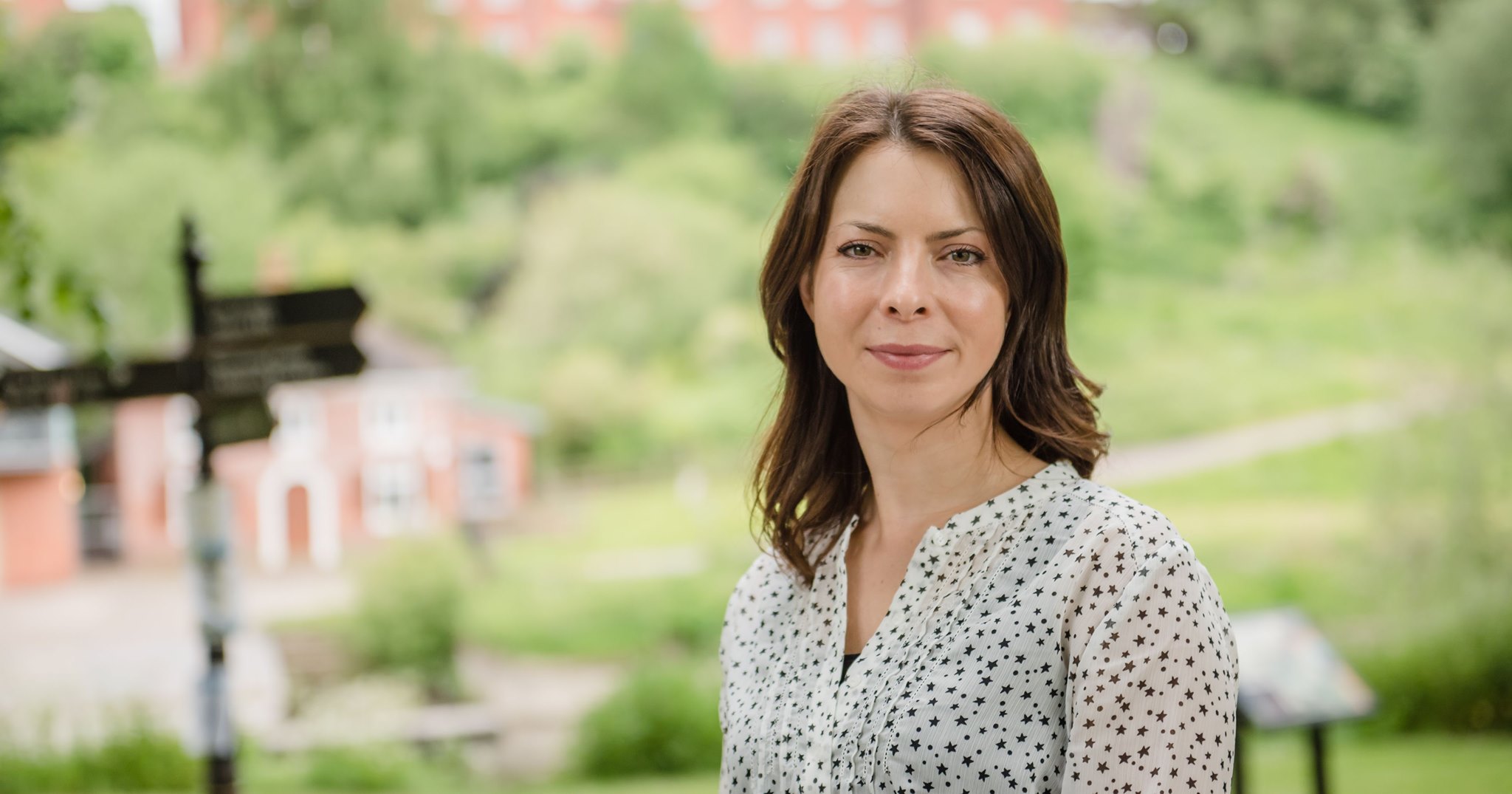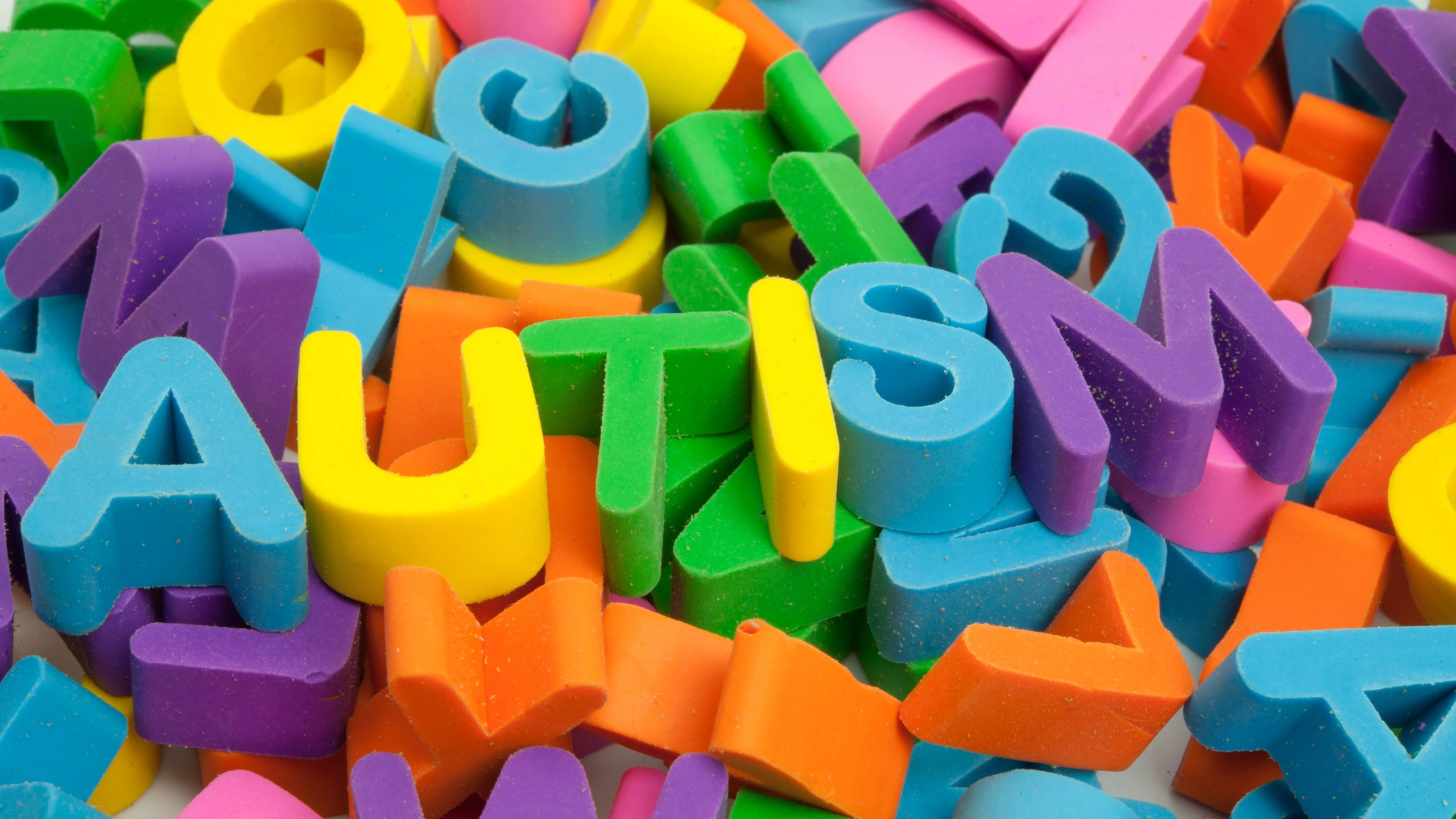21 Nov 2022
Fixations in Autism
In the next blog of our series detailing some of the symptoms of autism, of which there are many, we look at another common characteristic – a fixation on certain activities or objects.
Many children can become obsessed with a certain toy that has to go with them everywhere or will only watch Fireman Sam on the television.
Part of growing up
This in itself, as many parents will know, is part of growing up and doesn’t mean a diagnosis of Autism Spectrum Disorder (ASD).
However, autistic children can be very intense and focused on one activity, item or topic of conversation. This could be knowing the name of every single Harry Potter character or knowing every single bus timetable in the town.
At the Autism Service we have seen a number of children with fixations, including one young boy who loved and collected plants – green ones that did not flower…it can be that specific.
Is it a problem?
If your child is so fascinated by a certain object that they ignore everything else that is going on around them, then this will become problematic, especially as they grow up.
Children may find it hard to switch from one subject to another and it may mean they don’t experience other activities, or they become anxious over their objects and struggle if they are damaged or lost.
What causes obsessive behaviour and can you treat it?
The cause of obsessive behaviour is generally anxiety but what underpins that anxiety is different for everyone.
If the obsession is affecting a child’s life in a negative way, such as continually talking about the same thing, you could allow your child to talk about the subject for half an hour at breakfast each morning and then after that, let them know they need to change topics.
Another way to try to help is to engage your child with something less familiar and then follow that with their interest. It may encourage them to try new things alongside their preferred activity.
Seeking advice from a professional can help families handle the behaviour by offering techniques to manage it.
For more information and help, please do get in touch with us on 0300 303 0667.
Take the First Step Towards Understanding
Related posts

5 Dec, 2025
Is ADHD Being Over-Diagnosed?

3 Dec, 2025
Autism and Anxiety

20 Nov, 2025
ADHD Signs in Teenagers

7 Nov, 2025